I observe people being completely absorbed in their electronic devices, avoiding serendipitous communication and connection.

Previous centuries were characterized by social surplus and information scarcity: most people lived together in tight social spaces like tenements...

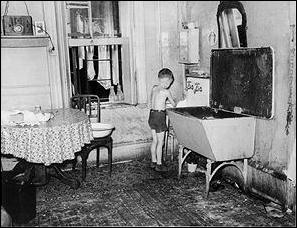
but access to information was limited by space and time (book stores, libraries, museums, stadiums, schools, stores, and theaters all had limited space and hours).







The Internet was a product of the 20th century. In the 1990s, there was no wireless Internet, we were confined to a desktop computer, we had limited bandwidth on servers, limited processing speed on computers, limited hard drive space on computers, and limited connection with most parts of life.
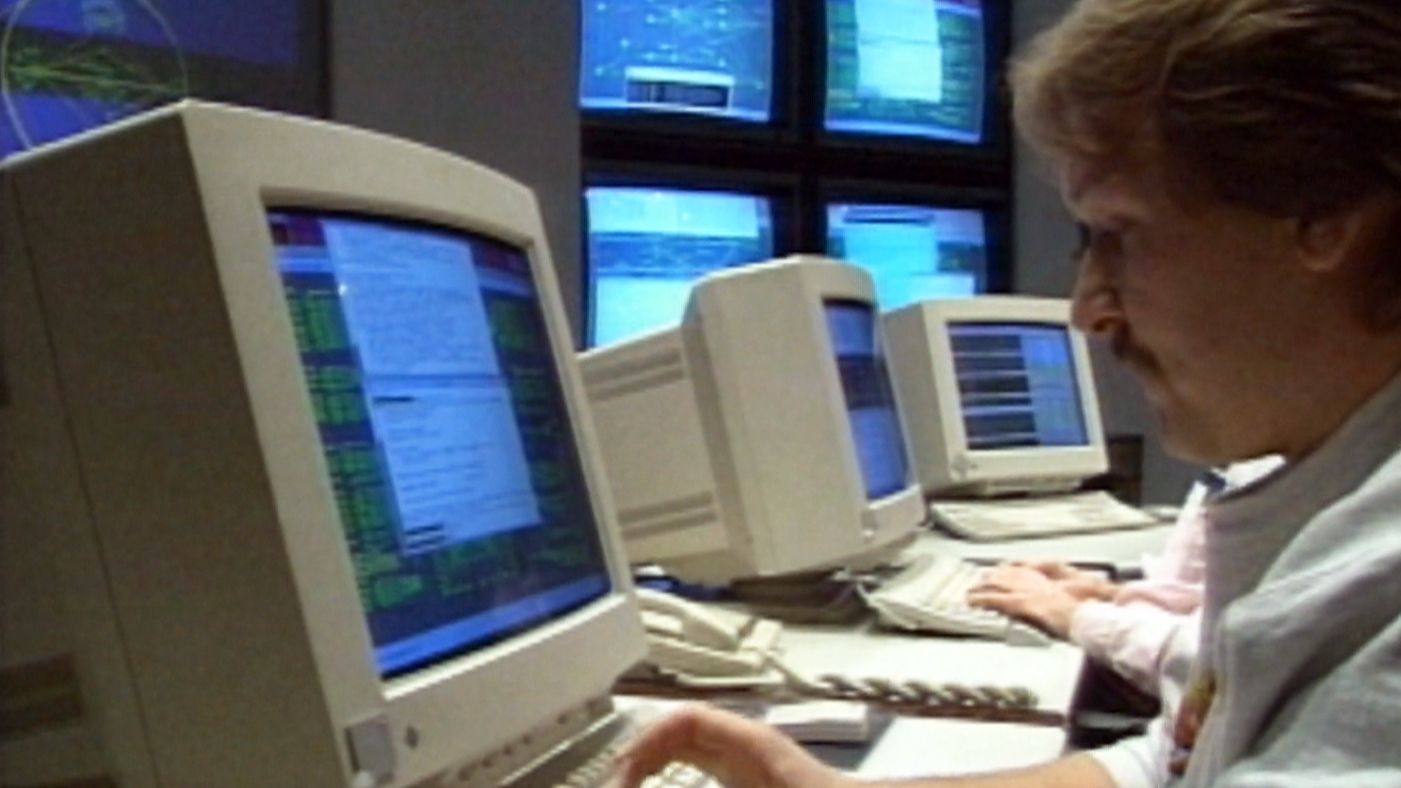
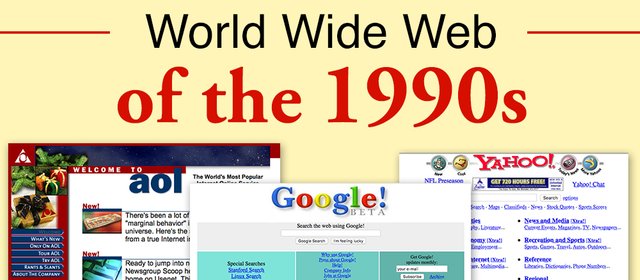
The creation of online social networks in the early 21st century and the mass adoption of smart phones after 2007 has flipped the logic that has always governed our lives. Now, with the illusion of infinite access to information and media content at any time, most of us no longer experience the problem of boredom.

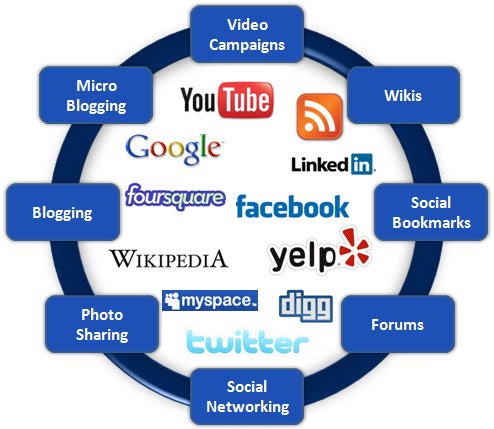
This cognitive surplus, as Clay Shirky calls it, translates into social scarcity because so many of us tune in to our electronic devices and tune out the people occupying the same physical space.

We can categorize people as being in the 20th century or the 21st century. The dividing line is how we use information technology.

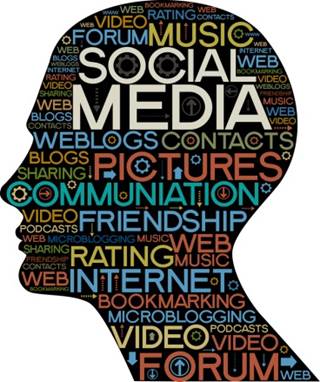
A 20th-century person likely has a cell phone, but not a smart phone. He may have a Facebook account, but the account is strictly a reflection of real-world relationships. He may watch and upload videos to YouTube, but not on a regular basis. He may do blogging through a stand-alone web site, but probably not through Twitter. He probably has separate electronic devices for different purposes.
In contrast, a 21st-century person has a smart phone, an iPad, or some other electronic device that is multi-functional. He has more communication with people on social media than in the physical world. He watches videos online constantly, uploads every day, blogs through multiple accounts every day, and thus has multiple digital identities that he manages every minute, every day. The 21st-century person integrates all segments of his life with social media tools and information technologies so that he is online 24/7. He has no "down time".
The 20th-century person still has a fragmented life, with friends in different places ( “little boxes”) who don't know each other.
The 20th-century person still believes in privacy. The 21st-century person does not.
The 21st-century person expresses and records everything and has no sense of boundaries. The 20th-century person rigorously maintains boundaries between work and personal life, between professional colleagues and private friends, between online connections and friends “in real life.”
The former blogger, Andrew Sullivan, wrote about his dysfunctional life as a 21st-century person in “I Used to Be a Human Being” (New York Magazine, September 2016).
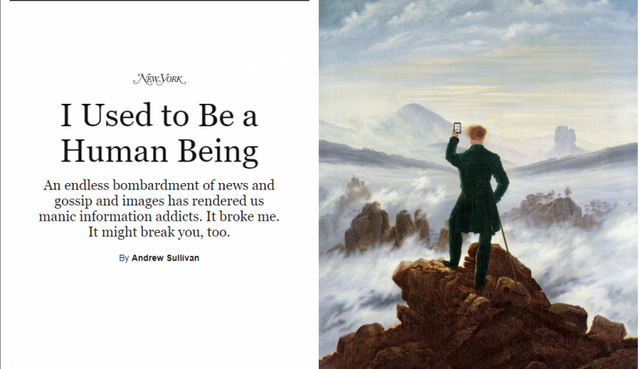
In the 1990s I thought none of this would happen. I believed people would use the Internet to meet new friends, build new relationships, and arrange their entire lives around these new communities made possible by the Internet. I believed the little boxes of our lives - the household, the office, the church, the school, the neighborhood – would remain the center of our lives, but we would fill them with individuals who reflect our true personalities. Instead, people have become Networked Individuals, using first the Internet, then online social networks on mobile devices to create a virtual life that is completely disconnected from the physical environment.
This transformation has been so fundamental and momentous that it completely changes our experience of reality.